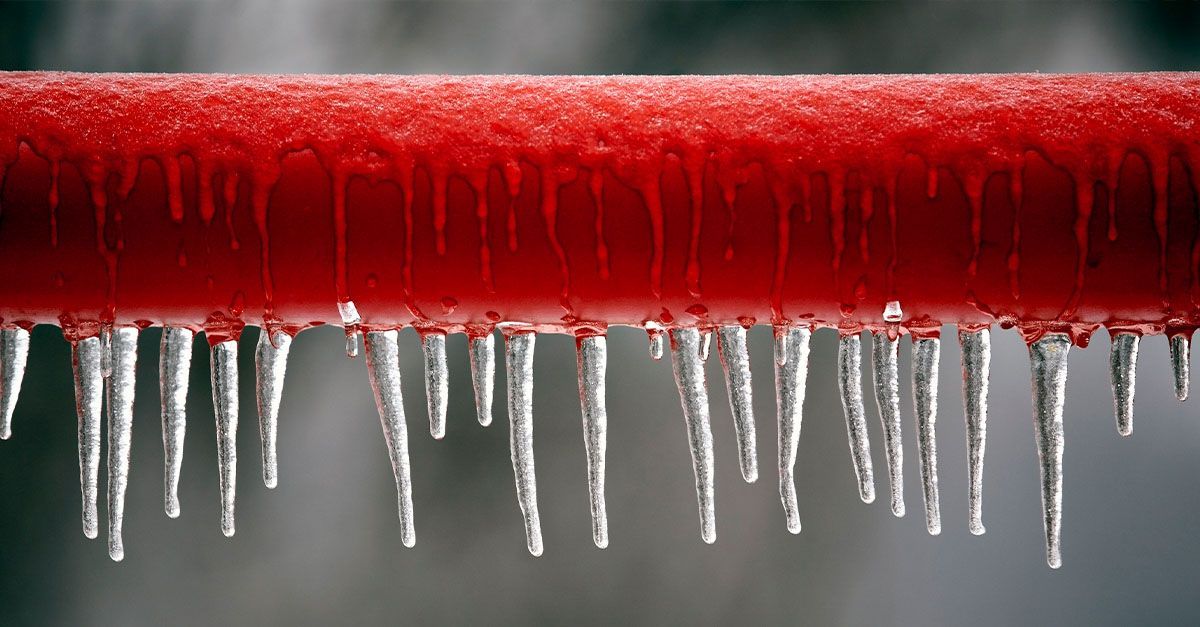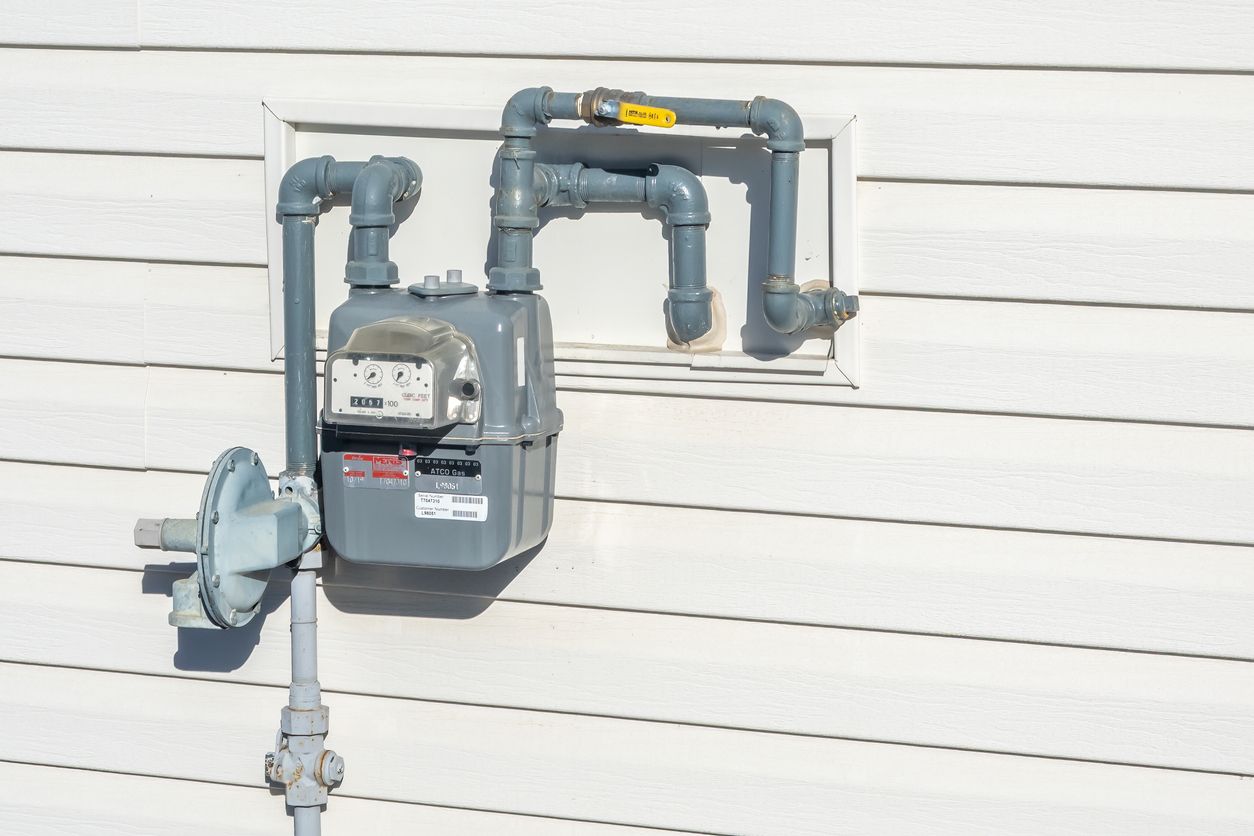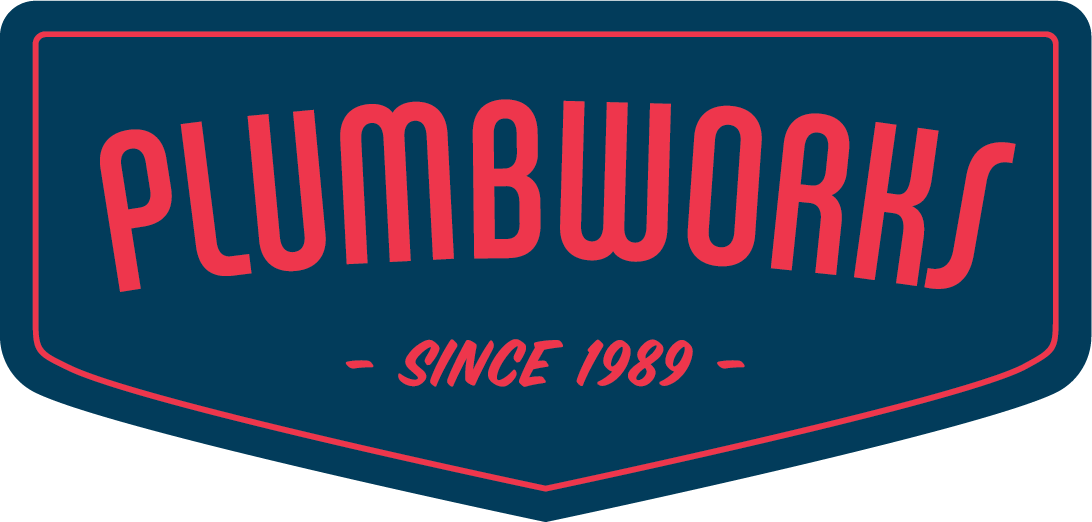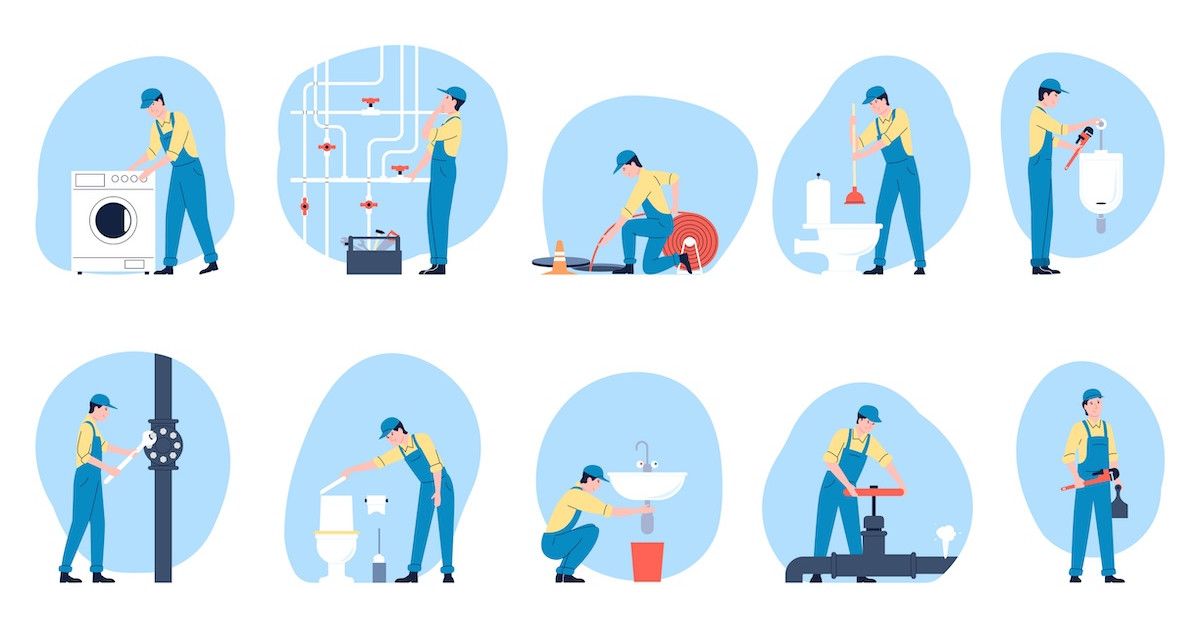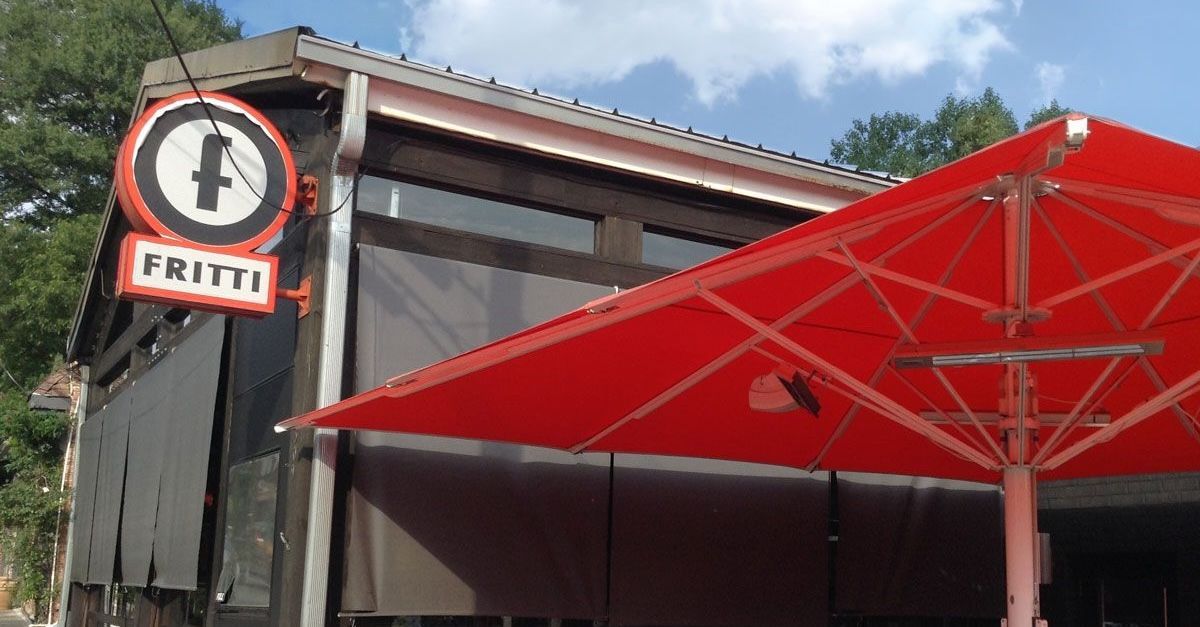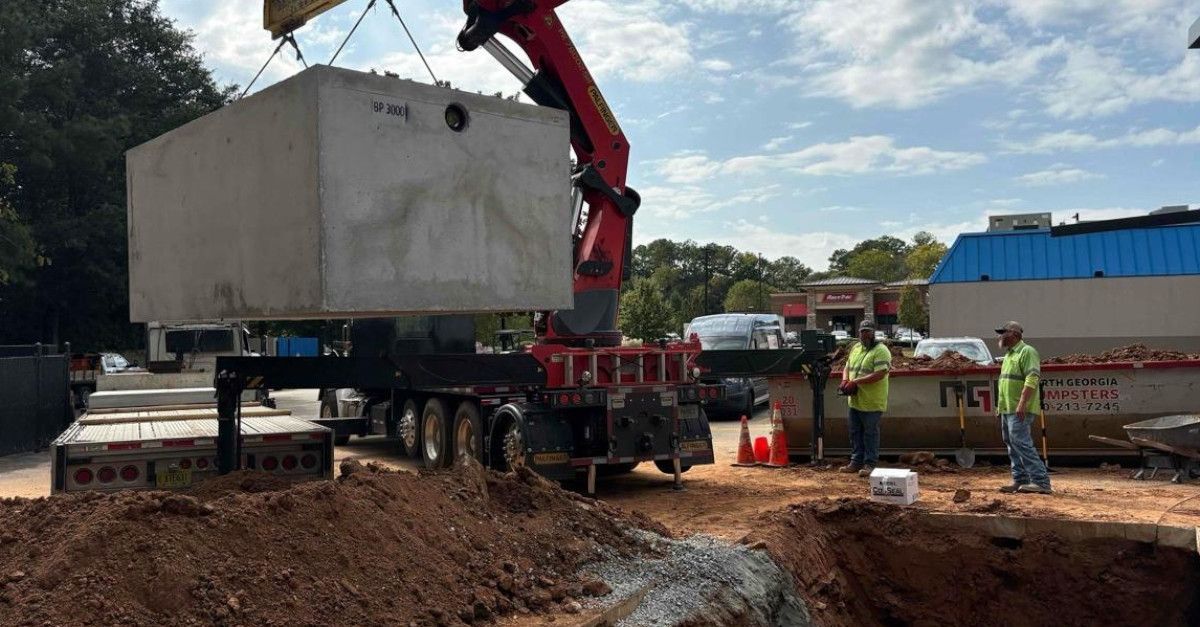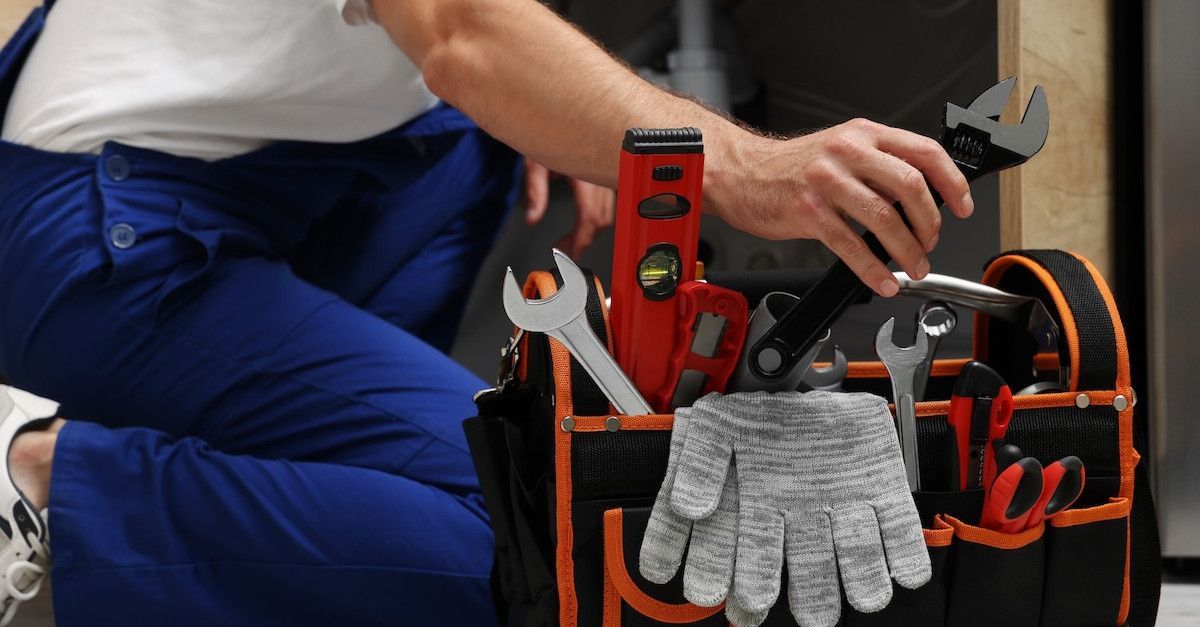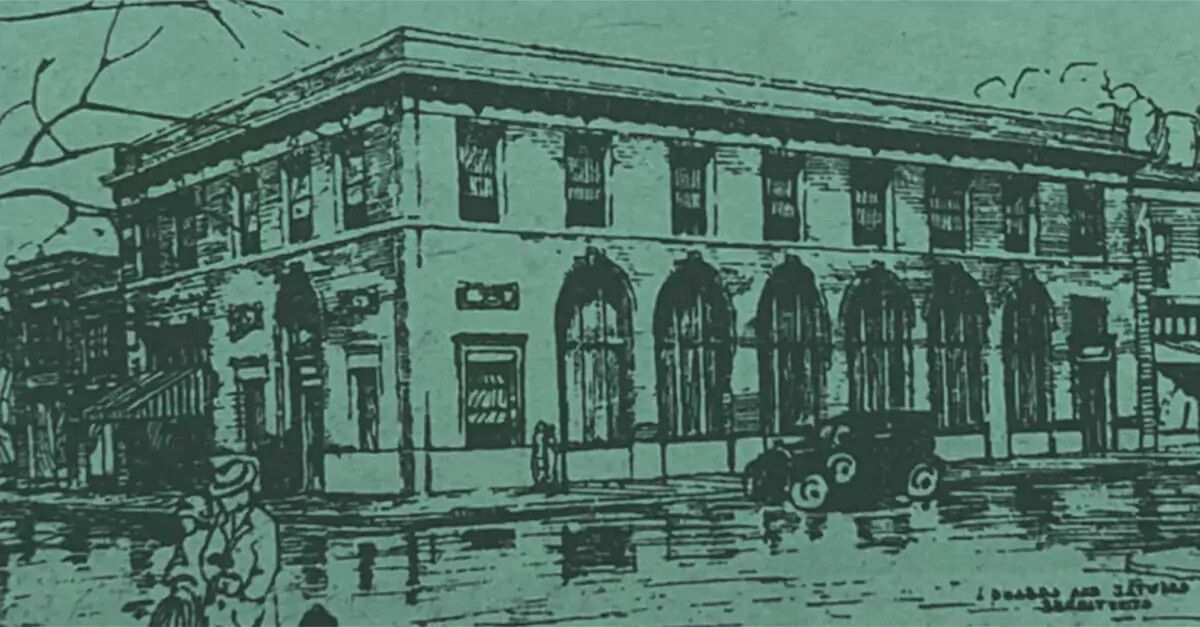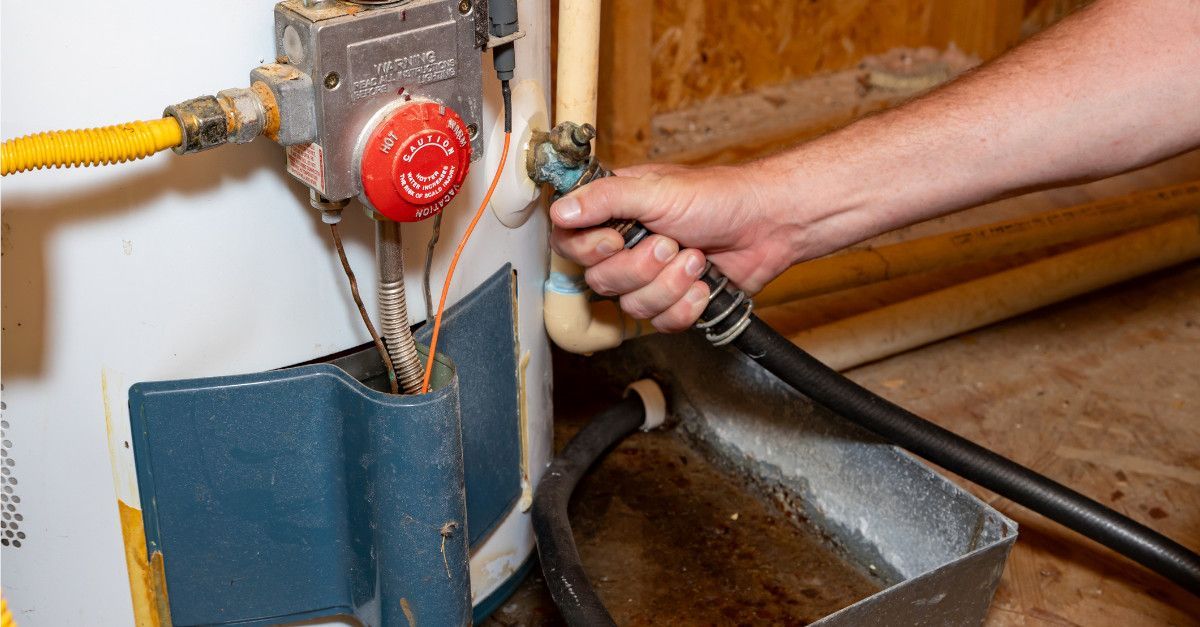Home Cleaning Checklist for the New Year
The New Year is an opportunity for a fresh start, and what better way to get a fresh start than to establish a quick but efficient way to clean your house. Sticking to a schedule for things that you do on a daily, weekly or monthly basis can help motivate you to keep your house looking like you spent hours cleaning it when it really only took a small fraction of your day. Use this basic cleaning schedule as a guideline to get and keep your home in order and reduce the need of drain cleaning services.
What to Clean Daily
Spend about 30 minutes a day doing the chores that need to be done around your home. These basic tasks might seem simple, but make a world of difference in how your home looks and feels.
- Wash dishes at least once a day. If you can’t find the time to wash them all, at least make an effort to scrape excess food off and rinse them so the food doesn’t stick. Alternatively, throw a load in the dishwasher once a day.
- Tidy up. Tidying up helps control clutter. Walk through your house one room at a time and put things that are out of place back where they belong. Do a room or two and then take a break.
- Wipe off countertops to clean crumbs and spills
What to Clean Weekly
Some tasks do not necessarily need to be done every single day. Instead, pick a day of the week where you will tackle these tasks. Which include:
- Empty the trash in bedrooms, bathrooms, and the kitchen
- Dust furniture and wiping down cobwebs
- Clean mirrors and windows
- Wipe down appliances in the kitchen, cleaning out the microwave and empty the crumb tray in your toaster
- Mop the floor
- Spray down and scrub the toilet, sink, and tub in the bathroom
What to Clean the First of Each Month
Monthly tasks are important and easy to forget. Don’t fall behind. Try to do these tasks at least once a month for optimal cleanliness.
- Move furniture and vacuum or sweep under it
- Clean outside windows
- Disinfect and deodorize garbage cans
- Run vinegar through your appliances to clean them
- Dust your blinds, shades and lighting fixtures
Keeping your home clean is a great start to the year. Contact Plumb Works, located in Atlanta, GA at 404-524-1825 for assistance with getting your home in order.
